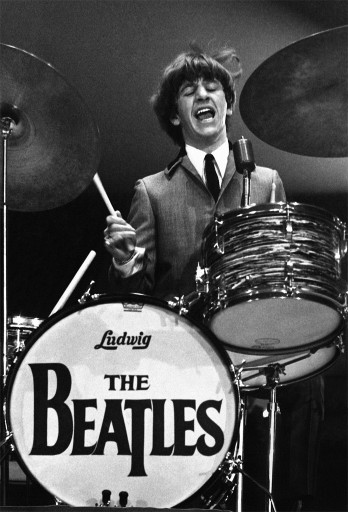The following review appeared on the Mike Dolbear Drummer’s Forum in January 2010.
For me, John Mayer is a conundrum, shifting between two extremes. On the one side, he plays the solo artist peddling sickly-sweet, pedestrian, gentle, tortured love songs; the kind found playing on the end credits of chick-flicks. Thus, he has a huge female following and often seen on the arm of Hollywood’s glitterati.
The other side of the coin finds him in his ‘John Mayer Trio’ guise where the music is rawer, funkier and delivered with a lot more balls.
These two worlds loosely stitch together on occasions, aided by the catalyst AKA producer, composer, MD and drummer, Steve Jordan. For this reason alone, I chose to risk going to see Mayer in concert last night at a small (by today’s venue standards) theatre in Manchester.
The whole venture was a personal gamble. First of all, I could find no official written confirmation that Jordan would be accompanying Mayer on the UK dates. Secondly, I was about to break my rule of never attending a gig purely for the purpose of seeing the drummer. Having been bitten and severely disappointed by this in the past (Vinnie Colaiuta with the grossly over indulgent compositions of Jeff Beck), going to see Mayer on the chance of getting the Steve Jordan experience was in theory, a potential disaster.
My sketchy presumptions about Steve Jordan were telling me that it was unlikely that he would be doing the European tour. Jordan is apparently, expensive and Mayer’s Euro dates were all smaller non-arena venue venues. Even if the venues were sold out, it would still cost big bucks to tour an American band on a handful of dates. With this in mind, my reckoning of an appearance by Jordan was veering toward the side of unlikely, with the excellent JJ Johnson being tipped as favourite. However, the unmistakeable ‘SJ’ vintage logo on a black Bass drum skin confirmed that Mr Jordan was indeed in the house, having chosen to accompany his friend to an area of the world suffering its worst winter for decades.
None of my accompanying associates were particularly enthused with Mayer’s latest offering, ‘Battle Studies’. Our collective hopeful predictions were at best, he would only play a few tracks off the new release, plunder the best material from ‘Continuum’ and make forays into some of the songs from his Trio work. We were to be disappointed. Wishful thinking on our part had been far too optimistic and Mayer had done exactly what most other artists would do – tour a new album.
In my eyes, John Mayer is a number of things, amongst them, a fine guitar player, a reluctant front-man, an average songwriter, a great interpreter of other people’s songs and a songwriter who has written a handful of very good songs. With such low key, slow tempo compositions on ‘Battle Studies’, there is very little material to put any real fire into. To carry a set of this sort of material above boredom level, you need musicians with a strong sense of subtlety along with the ability to add fuel to the fire when necessary. Mayer’s band did not fall short in any way on this score, underpinned by some of the P H A T E S T drumming I have ever witnessed. In fact, it wouldn’t surprise me if Jordan was MD for this tour as it was clear that he drove the show.
In a live situation, Jordan is able to bring to life what come across as sterile takes on some of the tracks on ‘Battle Studies’, putting an extra spark into songs he’d laid down in the studio months before. It wasn’t that he played anything extra (he’s a master at underplaying anyway), it was simply because there exists that ‘It’ factor with Steve Jordan. His live feel is astounding. I can’t explain why. It’s not like something you can learn from books or DVD’s. It just is, the Steve Jordan inner-clock and the reason why so many songwriters want him on their material. John Mayer is a very lucky man to be able to have him supporting his music and is no doubt aware of his good fortune.
At the end of the day, it comes down to simplicity, serving the music and having your OWN sound. So what does that leave the rest of us with? In days of old I would be banishing myself to the practice kit, trying to decipher those Vinnie-Dennis licks to try and incorporate them into my playing. So what now? Do I buy myself a set of 17” Hi-Hat cymbals or fit my shells with wooden rims? No; the answer lies elsewhere. The answer is, to simply be your self. The question isn’t “what would Jordan-Porcaro-Bonham-Gadd-Colaiuta etc play now?”; the question is, “what would YOU play? What feels good for the band?” and having the self-belief to trust your own instincts.
My guess is, Steve Jordan has spent very little – if any – time in his life worrying about how other drummers would do it. He is a Master of his own game and his game is one of simplicity and originality. No wonder John Mayer chooses him to breathe life into what would otherwise remain, lacklustre exercises in song writing.

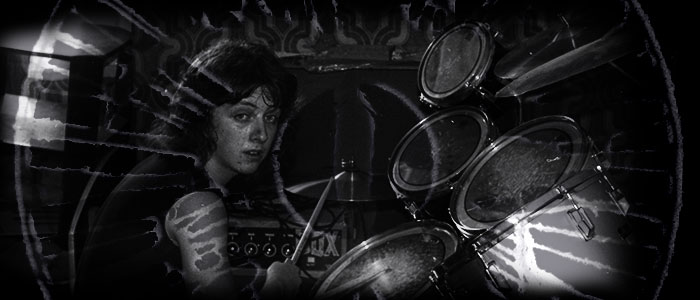
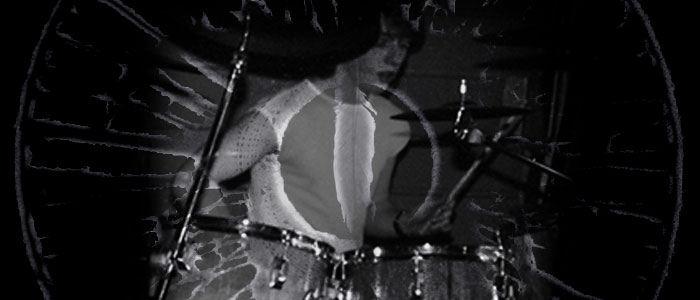
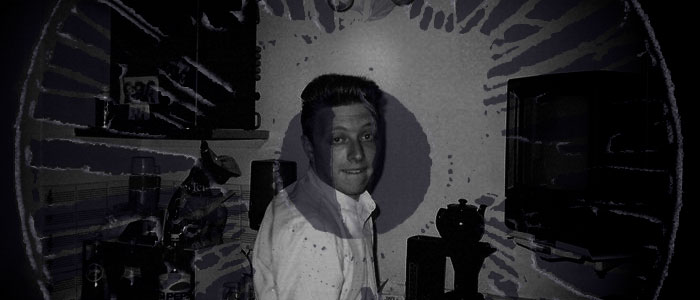
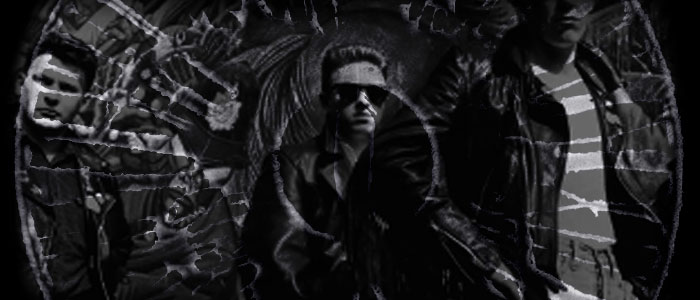

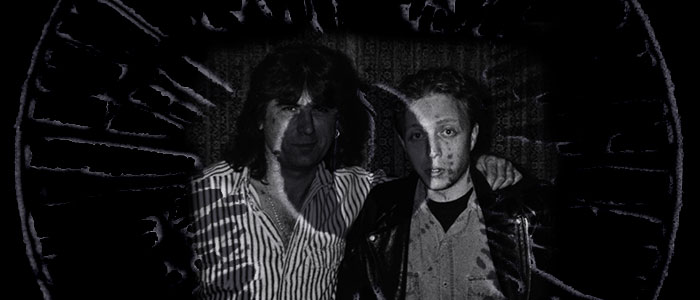

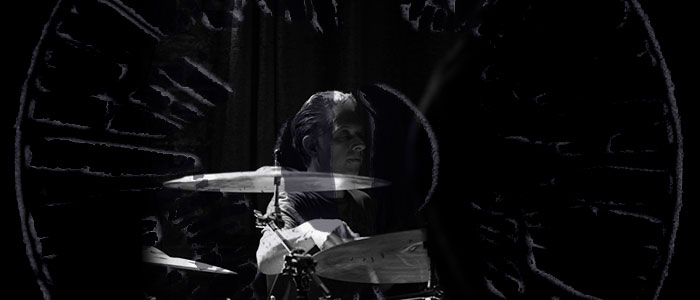
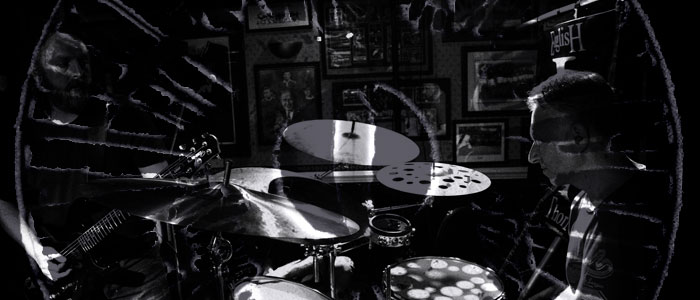
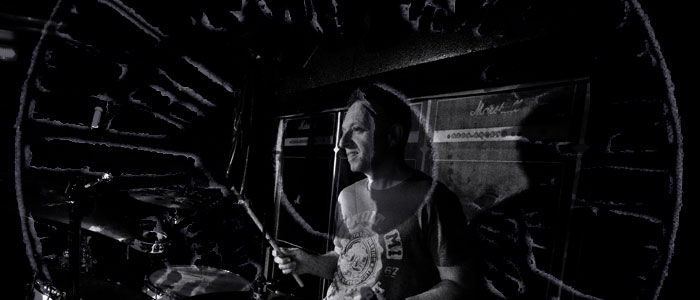
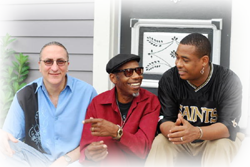 Modern groups choosing to base themselves around the Hammond B3 organ enter inclement waters at their own peril, considering the footsteps they have to follow in. Mention names like Jimmy Smith or Jimmy McGriff and you have to seriously consider whether it’s worth setting sail into seas already traversed and conquered by previous Masters. However, Joe Krown has an Ace card hidden up his sleeve with the words, ‘New Orleans’ stamped all over it; meaning his trio are good to leave port.
Modern groups choosing to base themselves around the Hammond B3 organ enter inclement waters at their own peril, considering the footsteps they have to follow in. Mention names like Jimmy Smith or Jimmy McGriff and you have to seriously consider whether it’s worth setting sail into seas already traversed and conquered by previous Masters. However, Joe Krown has an Ace card hidden up his sleeve with the words, ‘New Orleans’ stamped all over it; meaning his trio are good to leave port.